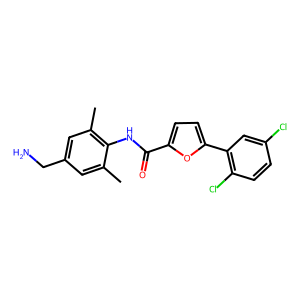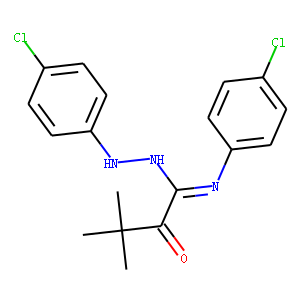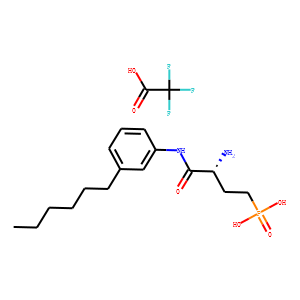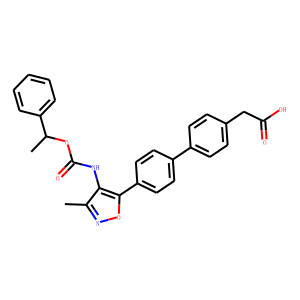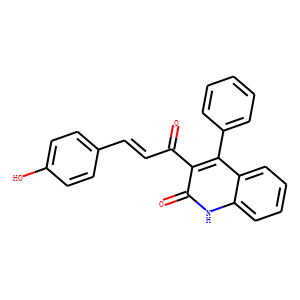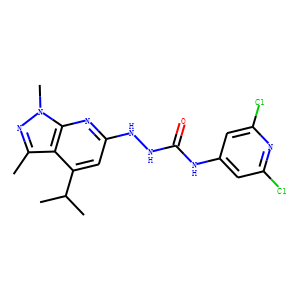LPL Receptor
Lipoprotein lipase (LPL) is an enzyme crucial in lipid metabolism, primarily functioning at the vascular endothelial surface to hydrolyze triglycerides in lipoproteins into free fatty acids and glycerol. While not a receptor in the traditional sense of binding and signaling, LPL acts as a critical mediator in lipid uptake and storage processes. Its activity is influenced by interactions with various proteins, which could be considered as its "receptors," including apoC-II (an activator) and apoC-III (an inhibitor). Therapeutically, enhancing LPL activity can help in treating hyperlipidemia and reducing the risk of cardiovascular diseases by improving lipid clearance from the blood, making it a significant target in metabolic disease management.

